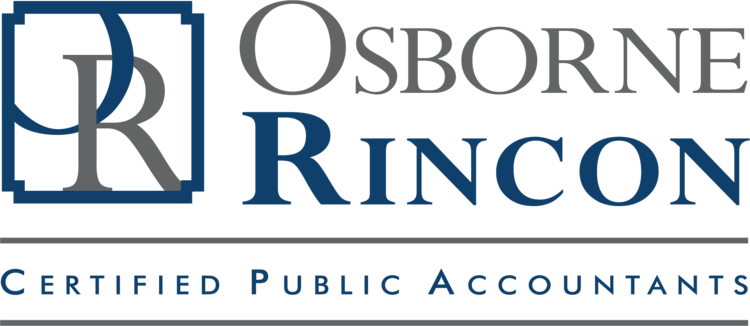By: Veronica Barajas, Osborne Rincon CPAs
As the new year begins, many employers consider expanding their team with new hires. In the settlement of the California Supreme Court case “Dynamex Operations West, Inc. v. Superior Court,” it is imperative to understand the difference in classification between an employee and an independent contractor.
With this ruling, California has weighed in on their definition of an employee. The State has developed the “ABC Test” to guide employers as they evaluate their staffing needs, which is as follows:
A. Control. Do you control and direct the individual hired as to the work required to be performed, per contract and in fact?
B. Outside Work. Is the worker reliant on your employment only? For example, does the worker maintain outside work other than what you are providing to them?
C. Dependent Trade. Does the worker rely on the trade and/or occupation you are involved in? This means, does the worker not regularly work as an independent contractor in a similar business?
If the answers to these basic questions are yes, then you have likely hired an employee. Understanding this classification is crucial for determining the employer’s payroll tax liabilities and other benefits required by employer, i.e., sick pay, insurance coverage, etc.
At least 20 states have implemented some form of the ABC Test, and the California Supreme Court specifically ruled that the ABC Test should be broadly applied for inquiries under the California Wage Orders as to whether a worker is an employee or independent contractor.
Businesses with 50 or more employees are required to provide health care insurance, so hiring an employee vs. an independent contractor can have a significant impact on small businesses. For additional guidance, the Employment Development Department recommends the use of their DE 231 worksheet for specifics.
A misclassification can open up a business to potential liability, so it is important for companies to be careful with regard to engaging any independent contractors going forward – particularly those who are working as single individuals (a “one-person company”) rather than companies who have retained a force of workers in an independent business.
If you are still uncertain or need further guidance, contact Osborne Rincon CPAs. Since it was founded in the early 1950s, Osborne Rincon has made a commitment to being a trusted tax advisor to clients – building long-term relationships through reliable service, solid advice and a concerted effort to know their clients’ businesses in-depth as an extension of their team.
For more information call Osborne Rincon CPAs at 442-307-5512
